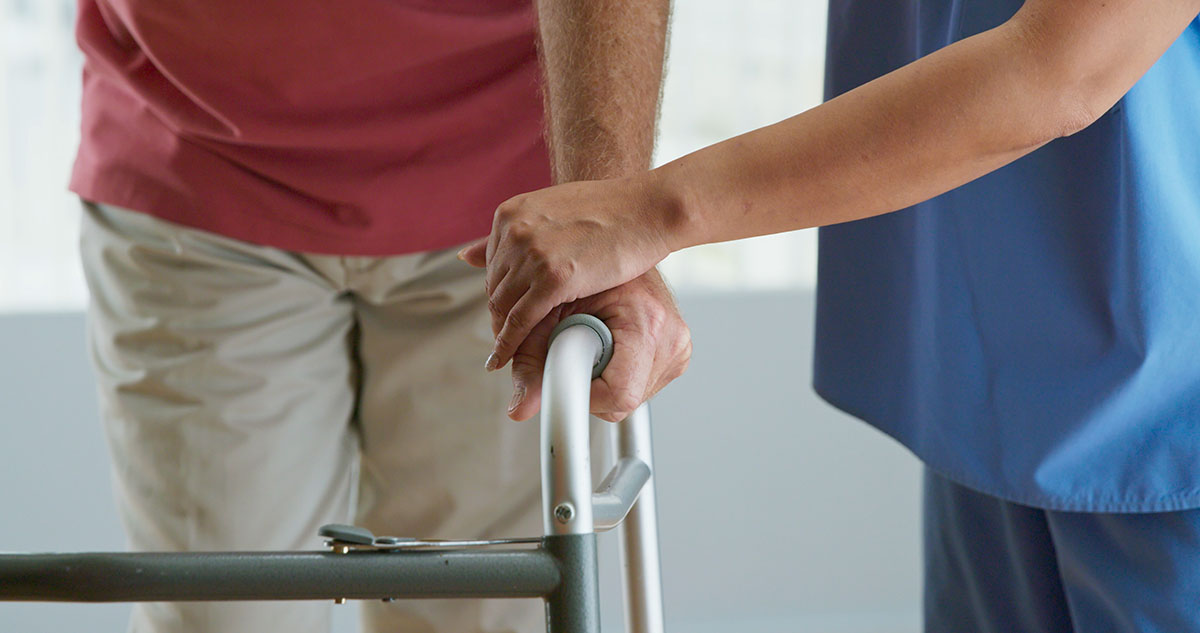Institutions now forced to disclose documents
A new Bill has been introduced into Parliament which will reverse the onus of proof so that entities that had care and control over the institutions (‘the institutions’) will have to establish that they were not negligent by proving that reasonable precautions were taken to prevent child abuse.
To date, the onus has been on survivors of abuse to prove that the institutions were negligent in the care that they provided. This means proving that the institutions knew or ought to have known that the abuse was occurring and failed to take adequate steps to stop or prevent the abuse. This has created a significant and at times insurmountable hurdle for survivors as a common defence against claims of negligence has been that the institution was unaware of the abuse that was occurring within its walls.
New laws to remove major difficulties faced by survivors
One of the major difficulties faced by survivors in pursuing compensation has been accessing the necessary documents which would prove the institutions knowledge of their abuse, as these documents are often owned by the institutions themselves. While it is possible to request these documents from the institutions, often requests made prior to litigation can be met with resistance.
Survivors have also faced significant delays when requesting documents under freedom of information laws.
Of course, the process of discovery, a step taken in litigation whereby parties must disclose all relevant documentation, can alleviate these difficulties but requires a survivor to issue proceedings which can be a daunting and arduous process.
A reversal of the onus will mean that institutions will be forced to produce the documents in order to prove they took reasonable precautions and will therefore remove this hurdle of access to evidence.
Unfortunately, the law will not apply retrospectively and therefore will not assist survivors of historical sexual abuse. However, this is an important step in making the law fairer for survivors of sexual abuse.




